Chinese Premier Li Qiang on Thursday said the development of artificial intelligence (AI) urgently requires in-depth discussions and consensus building among countries, as well as collaborative efforts to seize opportunities and overcome challenges.
Li made the remarks while addressing the opening ceremony of the 2024 World AI Conference and High-Level Meeting on Global AI Governance being held in Shanghai. He said that in recent years, new AI technologies have been continuously breaking through, new business models have been emerging, and new applications have been rapidly expanding, all of which have become an important driving force behind a new round of technological revolution and industrial transformation, according to the Xinhua News Agency.
At the same time, it also faces a series of new challenges in areas such as law, security, employment and moral ethics. Li noted that China has always actively embraced the intelligent revolution, vigorously promoted the innovation and development of AI, attached great importance to the security and governance of AI, and implemented a series of practical measures.
Having been held annually for six times, this year's WAIC focuses on the theme "Governing AI for Good and for All," with aims to establish international cooperation and exchange platforms featuring openness, inclusiveness, and equal participation, advance global AI governance, and develop an open, fair and effective governance mechanism.
Industry insiders and experts noted that Premier Li's remarks further demonstrated China's role as a great power, and China's significant achievements in the AI development and its firm determination of opening-up will provide more efficient plans to the global AI governance, as well as inject more growth momentum into the sound, safe and orderly development of AI.
Concerted efforts needed
China launched the Global AI Governance Initiative and proposed a resolution at the 78th UN General Assembly to enhance international cooperation on AI capacity building, which was unanimously adopted. China has made positive explorations and contributed constructive ideas and solutions to the global development and governance of AI, said Li.
Li said China is ready to work with other countries to make the AI better serve global development and enhance human well-being.
He put forward three suggestions - to deepen innovation cooperation and unleash the dividend of intelligence; to promote inclusive development and bridge the digital divide; and to strengthen collaborative governance and ensure the benevolence of intelligence.
"Premier Li's statement reflects a deep understanding and vision of the global development of AI. As Li recognized the importance and potential of the AI technology, as well as its uneven development globally, he called for a 'fair and open' environment to promote the balanced development of AI globally, so that more countries can have the opportunity to benefit from this emerging technology," Wang Peng, an associate research fellow at the Beijing Academy of Social Sciences, told the Global Times on Thursday.
Wang noted that as a country with significant influence in the field of AI, China has demonstrated a strong sense of international responsibility and commitment in promoting the sound development of the AI industry. Li's remarks once again demonstrated China's willingness to work with all countries to address the challenges and embrace the opportunities brought about by AI, said Wang.
"International cooperation is key to ensuring that AI benefits all regions and sectors equally, so we look forward to joining international voices at this event to share information and innovations that can improve global collaboration," Seizo Onoe, director of the Telecommunication Standardization Bureau at the International Telecommunication Union, told the Global Times on Thursday at the conference.
Big stage
This year's conference, being held from Thursday to Saturday, continues to expand when compared with previous editions, with the exhibition scale, and the number of exhibitors and new products reaching the highest in history.
The conference focuses on key areas such as large language models, arithmetic, robotics, and automatic driving, showcasing a number of the latest achievements in "AI+" innovation and application.
More than 500 companies, including Tesla and Microsoft, have participated in the exhibition, with the number of exhibits exceeding 1,500.
Chinese leading AI companies and innovation centers are gearing up for their showcase in this big stage. Qinglong, the world's first full-size general-purpose humanoid robot independently researched and developed by China, made its debut at the WAIC. With a height of 185 centimeters and a weight of 82 kilograms, the humanoid robot has a highly bionic torso configuration and anthropomorphic motion control.
Moreover, a number of Chinese tech companies including SenseTime, iFlytek and Kingsoft Office debuted their large language models or applications.
"China has a lot of excellent AI companies and research institutions, which have made important breakthroughs in areas such as deep learning, natural language processing, and computer vision. These technological achievements have not only provided strong support for China's development, but also made important contributions to the advancement of global AI technology," Wang noted.
"I am optimistic about the whole AI outlook in China, because only in China can the technology iteration be so rapid with abundant application scenarios," a visitor surnamed Tan told the Global Times at the conference.
Tesla on Thursday also showcased its cybertruck and a model of humanoid robot Optimus Gen2 at the WAIC, drawing a large audience. This marks the first time that the robot is showcased in China.
Aslan Tarik, chief technology officer of Beijing Tangta Technology Co, said China is a pioneer in the use of new technologies, and is more open and progressive, which also accelerates further development.
"As a pioneer, China can take the lead, show how to use it to help people, make it available to everyone, no matter whether it is in a big city or in the countryside, and serve as an example for other countries and make this solution available to other countries as well," Tarik told the Global Times.








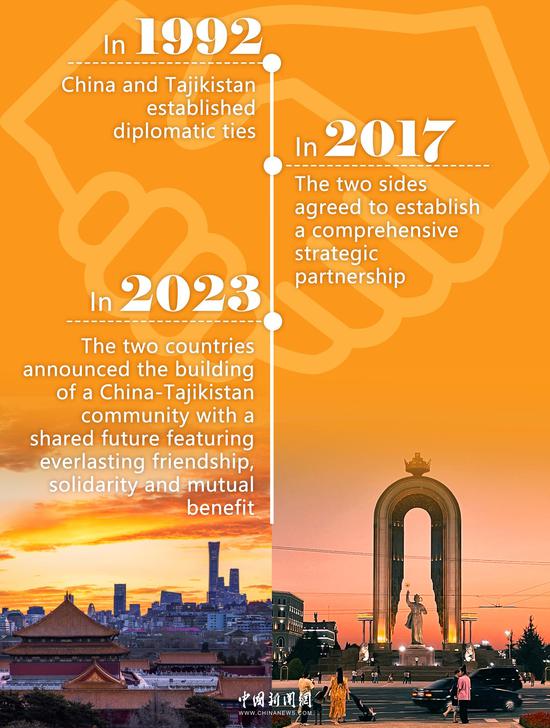
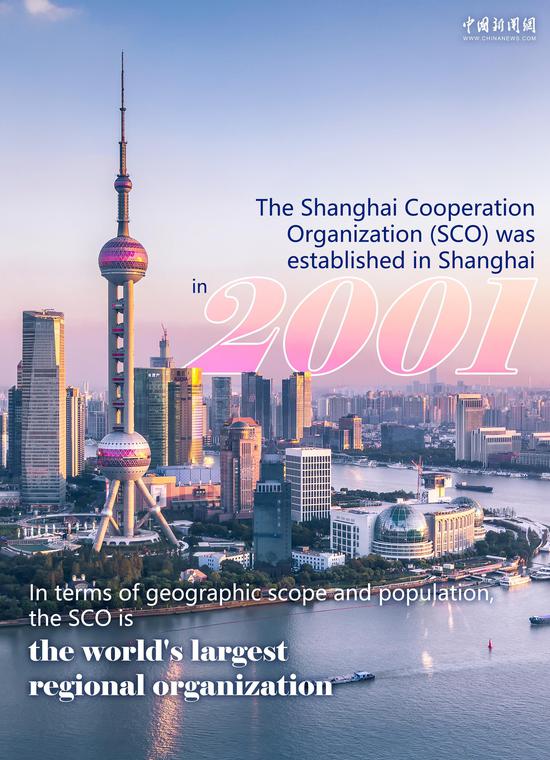

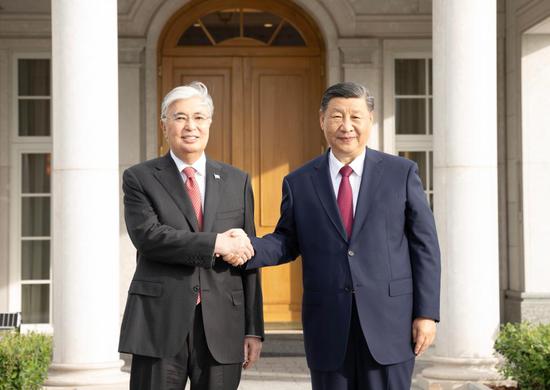
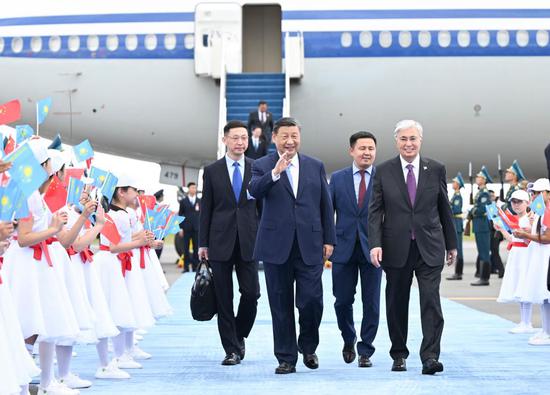
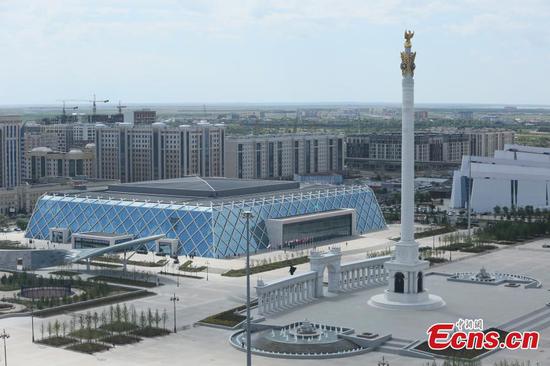
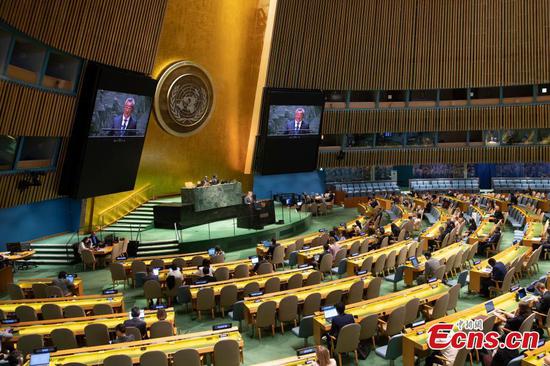

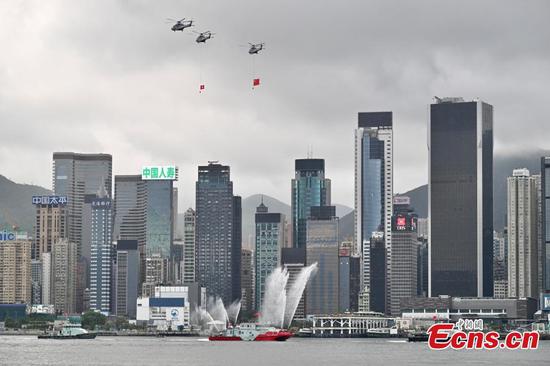
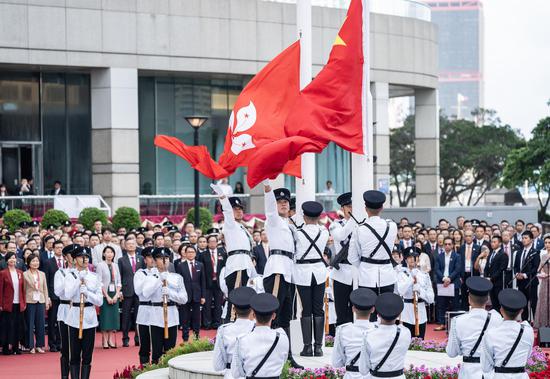



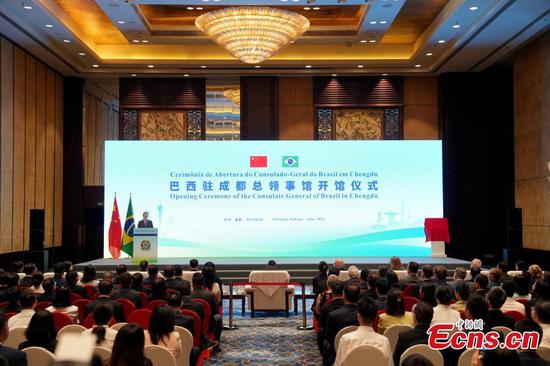
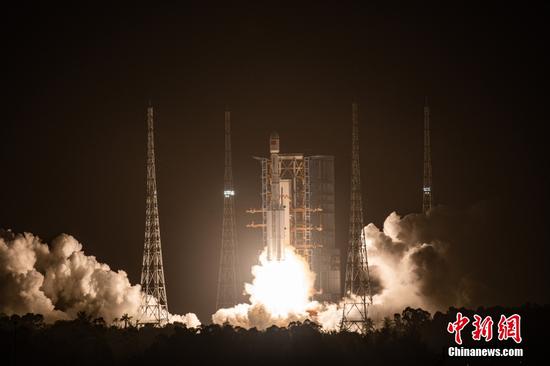

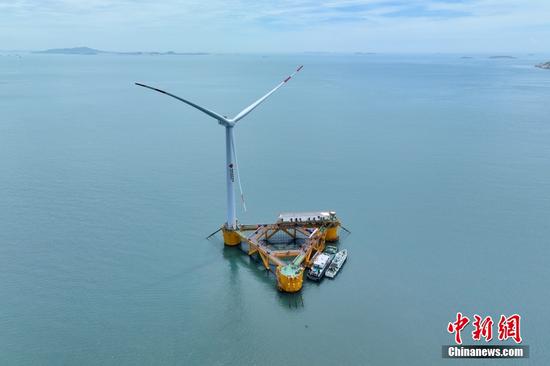
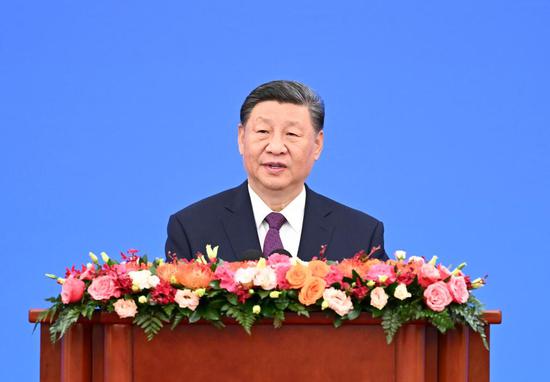
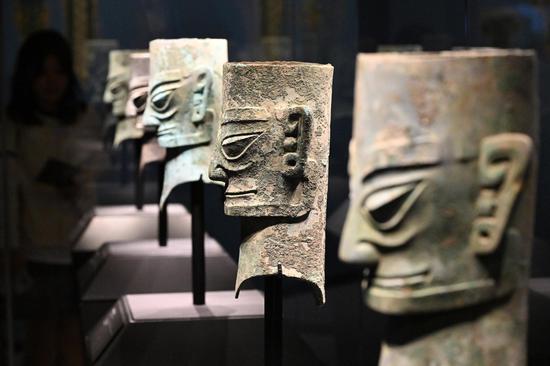
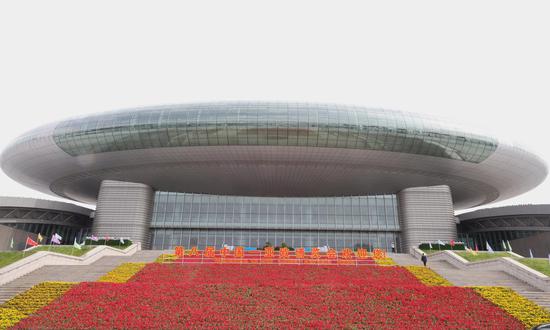


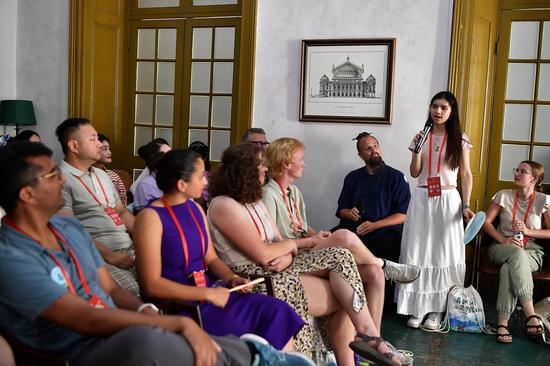
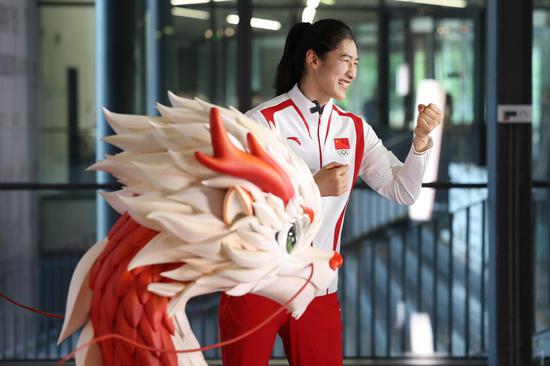
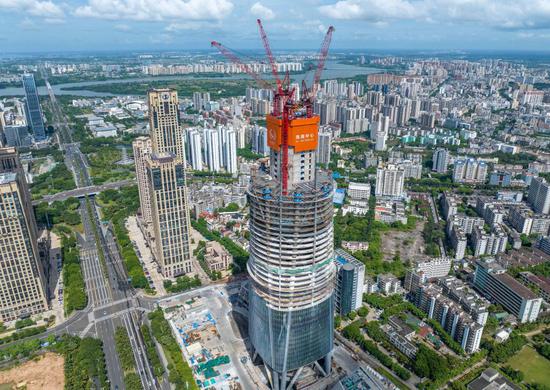
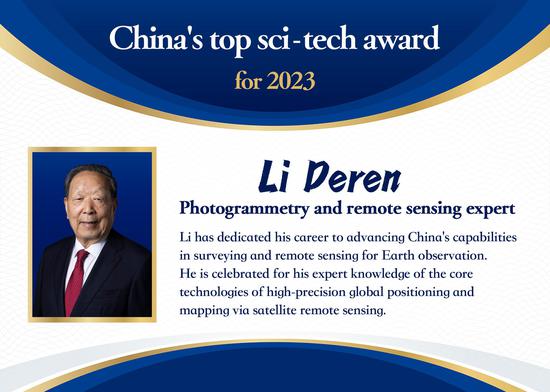
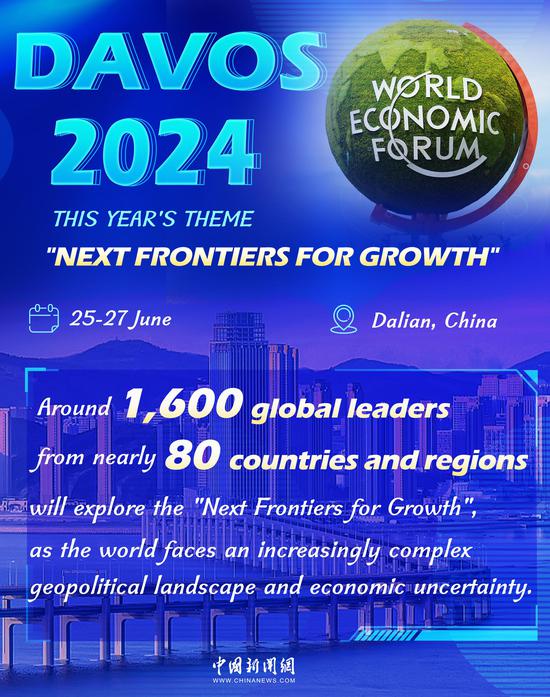

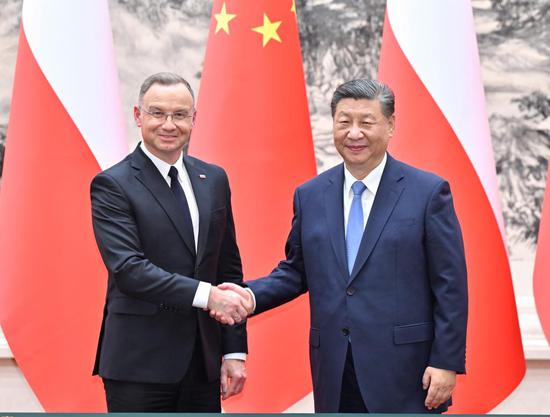
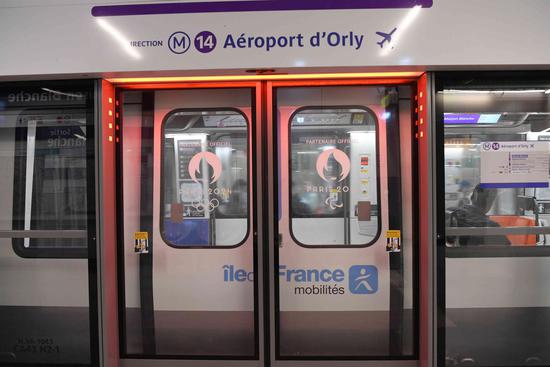
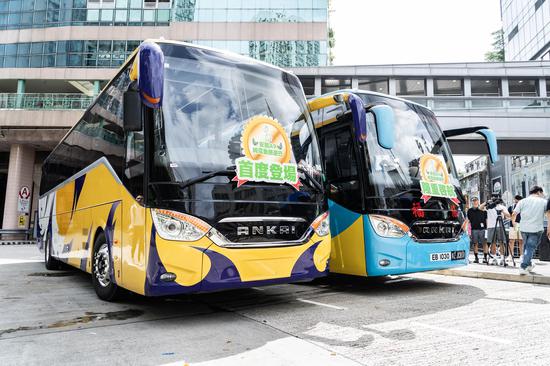



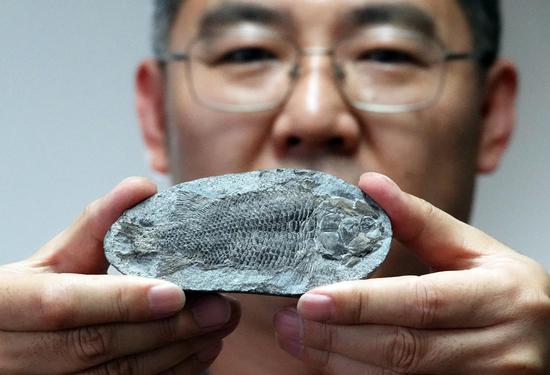
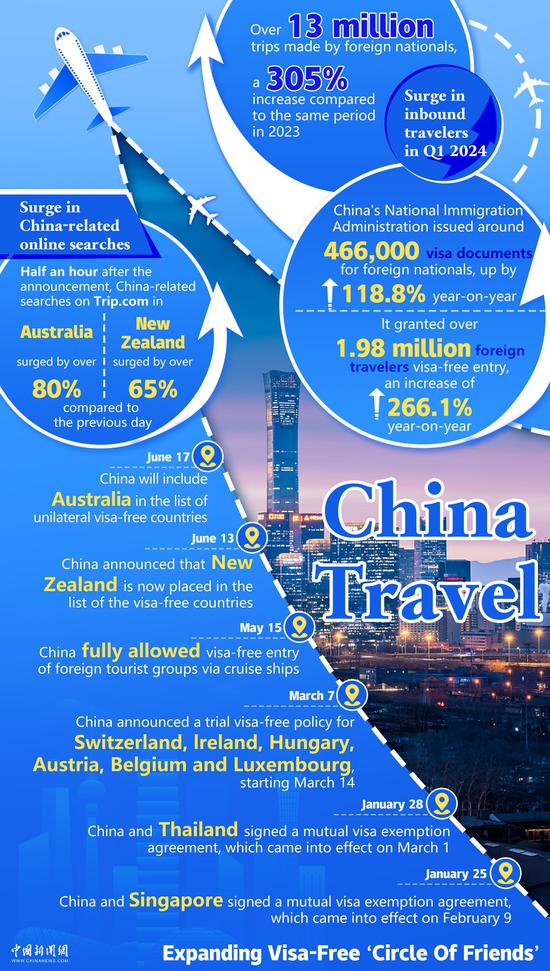






 京公网安备 11010202009201号
京公网安备 11010202009201号